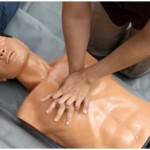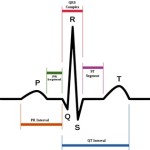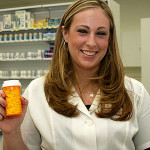PALS or Patient Advice and Liaison Service is an organization that provides a board range of services. The NHS employs over a million staff in thousands of locations so that people in any location round the country can ask for help. It is not surprising that sometimes you or a loved one may feel bewildered or concerned when using the NHS. This maybe is the time when you are feeling at your most vulnerable and anxious and you need PALS’s help.
What you should do if you want to use PALS health service? One of the NHS expectations is all members of staff to listen and respond to you to the best of their ability. This is the best way and the only way to help our patients, but sometimes our patient wish to talk to someone employed especially to help them. For these kind of situation NHS offers the Patient Advice and Liaison Service, known as PALS and has been introduces to ensure that the NHS listens to patients, their relatives, carers and friends, PALS answers their questions and resolves their concerns as quickly as possible.
It is not about only to hear our patients and see what they have to say, it is more about improving the services that you are offering by listening to what matter to our patients and their loved ones and making changes when appropriate. Those changes that you are going to make mean a lot in the life of the patients, and what is about to change in their own life’s.
 What does PALS actually do?
What does PALS actually do?
Not only that PALS provides you with information, but PALS will:
- Provide you with any kind of information about the NHS and help you with anything that you need about other health- related enquiry
- PALS help you resolve concerns or problems when you are using the NHS
- Provides all the information about the NHS complaints procedure and how to get independent help if you decide you may want to make a complaint.
- PALS is going to give you all the information, introduce you to agencies and support groups that are outside the NHS
- PALS informs you about how you can get more involved in your own healthcare and the NHS locally
- PALS improve the NHS; they are listening all your concerns, suggestions and experiences and ensuring that people who design and manage services are aware of the issues you raise.
- PALS provides an early warning system and monitoring bodies by identifying problems of gaps in services and reporting them
This is not the only services that PALS offers there are more, PALS offers confidential advice, support and information on health-related matters to:
- Patients
- The families
- The carers
How can you contact your nearest PALS?
You can find your nearest PALS office online by:
- You can use the map of PALS offices on the PALS website
- You can search the PALS office directory
- You can ask your GP surgery or hospital for all the details of your nearest PALS
How can you improve your local NHS services?
There are several ways that you can get involved with your local NHS services to contribute your ideas for improvement. Feel free to suggest changes that are based on your experiences, and tell your opinion about something talk with people that you really know. There are ways to get involved in improving NHS services, but all depends on what you are interested in, the NHS constitution offers several ways that you can get involved with your local NHS service providers. You can also:
- Join your local involvement network, these individuals and community groups who work together to improve health and social care services
- You can join a patient participation group (PPG)
- You can give feedback on your local hospital or GP surgery by posting a comment on NHS Choices
- You can contact your local Patient Advice and Liaison Service (PALS) for more information and visit the PALS website.
- Just become a foundation trust member
The NHS also gathers feedback about its services in other ways, for example, through Patient Outcome Measures and the Care Quality Commission. You can live your feedback about our services, you can tell us if you are satisfied or you can tell PALS about every issue that is on your mind.






















